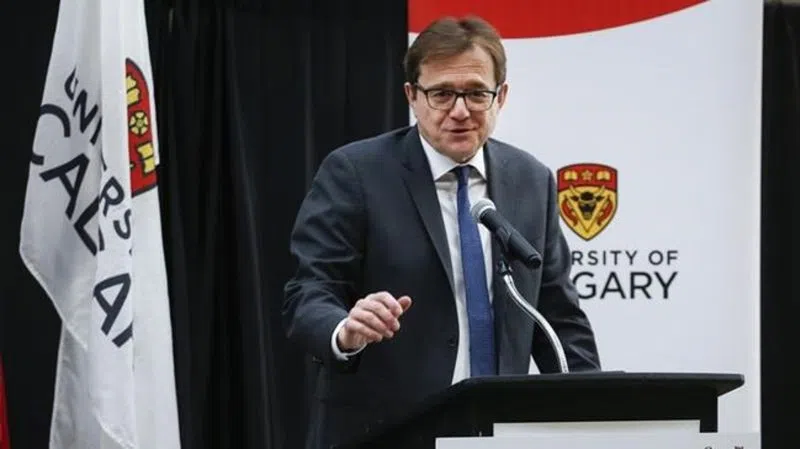
Alberta climate plan part of cabinet decision on oilsands mine: Wilkinson
OTTAWA — The federal cabinet’s decision on a huge new Alberta oilsands mine will weigh what the province is doing to help Canada achieve its climate goal of net-zero emissions by 2050, Environment Minister Jonathan Wilkinson said Tuesday.
Wilkinson stressed that cabinet has not yet decided whether to approve Teck Resources Ltd.’s proposed $20.6-billion Frontier mine near Wood Buffalo National Park in northeastern Alberta.
Provincial efforts to help Canada meet its climate goals will be key, he said.
“It’s important that all provinces are working to help Canada to achieve its targets,” Wilkinson said in Ottawa. “Provinces need to have targets. They need to have specific actions that they’re taking.”
